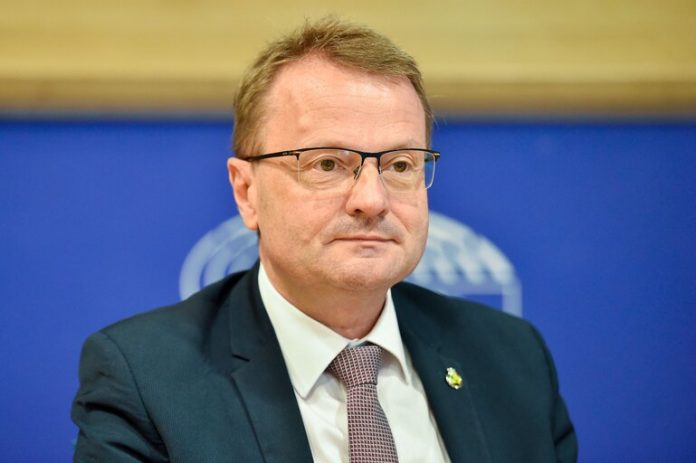MEPs of CULT committee demand to urgently deal with the lasting consequences of COVID-19 closures on children and young people and increase financing for mental health in education.
According to recent data 64 % of young people in the 18-34 age group were at risk of depression in spring 2021. UNICEF reports that suicide is the second leading cause of death among young people.
In the report, adopted by 25 votes in favour, 1 against and 3 abstentions MEPs say that closures of early childhood education and care providers, schools, spaces for youth work, cultural spaces and sports facilities have produced lasting effects on mental health of many children and young people in the EU, having occurred during a critical period of their lives.
They urge the Member States to substantially increase public spending in education and training to above the EU average (5.00% of GDP in 2020) and invest in improving the mental health services and awareness in schools and promotion of mental health literacy of education personnel.
They also call on the Member States and the Commission to break the stigma and the silence around mental health issues and launch an EU-wide campaign to raise awareness on mental health in educational and vocational institutions.
They also point to the significant regional gaps across the EU in access to mental-health and the constraints in some Member States in the reimbursements of psychotherapy from public health budgets.
“The ongoing Corona pandemic has left deep scars on the psyche of children and young people. We are already seeing a massive increase in mental health problems, but this is just the tip of the iceberg”, said the rapporteur Hannes Heide (S&D, AT) after the vote.
“We need to learn the right lessons and make our education system crisis-proof in the long term. Uncoordinated and ill-conceived closures of schools and recreational facilities have cost a lot of trust in politics and institutions. The shift of teaching and care to the digital has in turn brought massive inequalities to light. And this is coupled with a constant feeling of insecurity, the lack of direct social contacts and the sudden loss of the possibility to make longer-term plans. In the future, school closures must only be a last resort, because school as a social place of learning and togetherness makes a decisive contribution to the mental health of children and young people”, he argued.
“The most important measure is actually anything but new, but all the more urgent now. We must adequately fund our educational institutions and EU exchange programmes and finally organise them in such a way that all children and young people benefit, regardless of background, parents’ income or gender. We need to complete the European Education Area by 2025 and in doing so also improve coordination between the European to the regional level and include local cultural and sports initiatives”.
He added that a “holistic concept of health also includes comprehensive cultural and sporting activity. And we must massively expand psychological support in everyday school life. Only in this way can we create an inclusive, creative, dynamic and healthy learning environment from early childhood and reduce the risk of psychophysiological illness in adulthood.”

